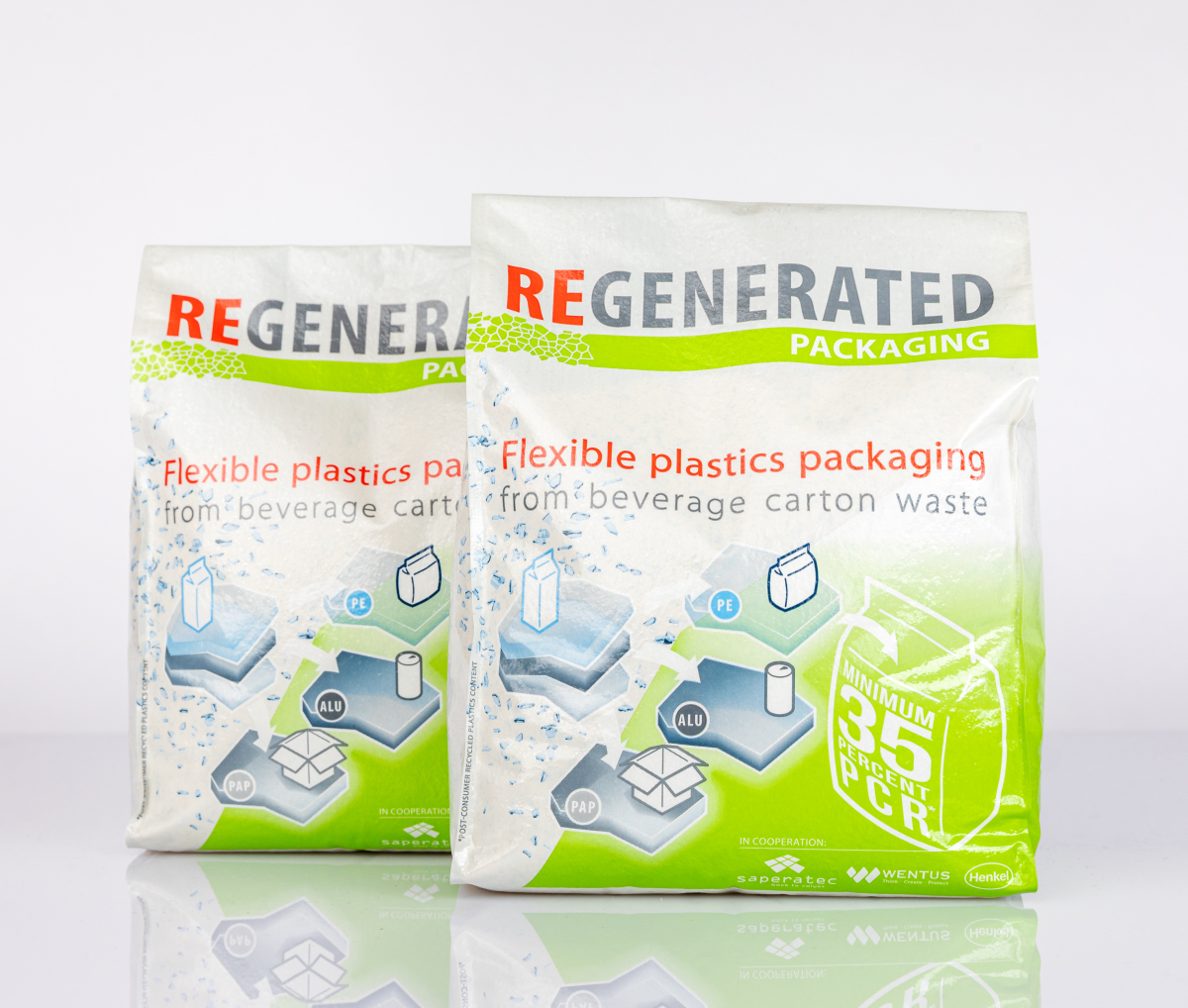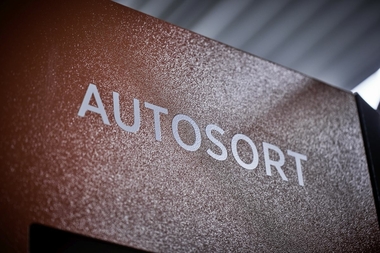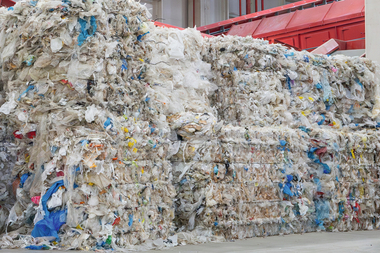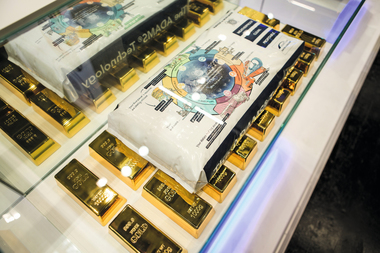Saperatec, Wentus and Henkel to jointly debut fully circular flexible packaging prototype from breakthrough composite delamination approach
Prototype comprises 35 % PCR content, per goals proposed for EU Directive on Packaging & Packaging Waste; Saperatec set to open its first non-chemical, multi-layer delamination recycling plant in 2023.
 A fully circular flexible packaging prototype
A fully circular flexible packaging prototype
© Saperatec
Among the first consumer flexible packaging materials made from post-consumer packaging waste, the prototype is produced in collaboration with two prominent partners: Germany-based packaging film supplier Wentus – whose mono-polyethylene flexible packaging design allows for easy recyclability – and adhesives, sealants and functional coatings provider Henkel, which supplies the package’s recycling-optimized adhesive. Notably, Henkel also made a significant investment in Saperatec in 2019, which has helped make the forthcoming plant a reality. Currently marketed by Wentus as Wentoplex® Pure R, the marketing design recently received 18 of 20 points from Germany-based recycling alliance Interseroh.
The prototype is made possible by a promising new technology: Saperatec’s extended mechanical recycling process for thin-layer composite materials, which results in virgin-similar recyclates. A two-layer design made entirely from polyethylene (PE), its inner sealing layer comprises more than 50 % PCR rLDPE from beverage carton waste. Its outer layer is printed with less than 50 % surface coverage, and laminated with Henkel‘s optimized adhesive for recyclability. Overall, the packaging will contain at least 35 % PCR rLDPE – in line with the proposed recommendations for the EU Directive regarding non-food packaging.
A new approach to an old problem
Of the more than 140 million tons of plastics packaging waste produced globally each year, a significant portion comprises composite packaging, which consists of a combination of materials. Such packaging has posed sizable obstacles to recycling efforts, as separating composite packaging into its various origin materials has been technologically challenging and, even when successful, unsustainable due to the need for non-ecofriendly chemicals.
Saperatec’s novel approach results in recycled materials that can replace virgin raw materials in numerous applications, including film or foil-based packaging. Importantly, the process adds no contaminants to recycled polymers, and all chemicals used in the process comply with EU food contact regulations. Its technique is applicable for composite packaging comprised of various combinations of plastic, metal, and glass.
With the technology extensively tested in materials science labs and near-industrial pilot environments, Saperatec is currently building its first recycling plant for composite packaging in Dessau, Germany. In 2023, the facility will commence commercial operations with an initial goal of processing about 18 000 tons of packaging waste per year.
Saperatec’s composite packaging recycling brings the potential to separate and reintegrate a wide variety of substrates into the packaging stream. Initially, Saperatec will focus on composite flexible packaging materials and tube packaging with aluminum foil barriers, as well as plastics and aluminum from beverage cartons. Beyond that, Saperatec‘s technology opens the door for future recyclability solutions in a wide range of composite packaging.
Importantly, Saperatec’s recycling process is sustainability-minded. The hot-wash separation fluids utilized are water-based and solvent-free, and are reused more than 30 times in the process. Any and all materials employed during packaging recycling are listed for food contact materials without specific migration limit, per European regulations.
Hall 9, Stand D17




